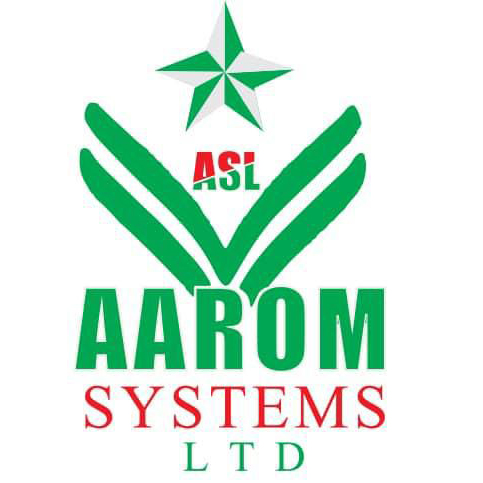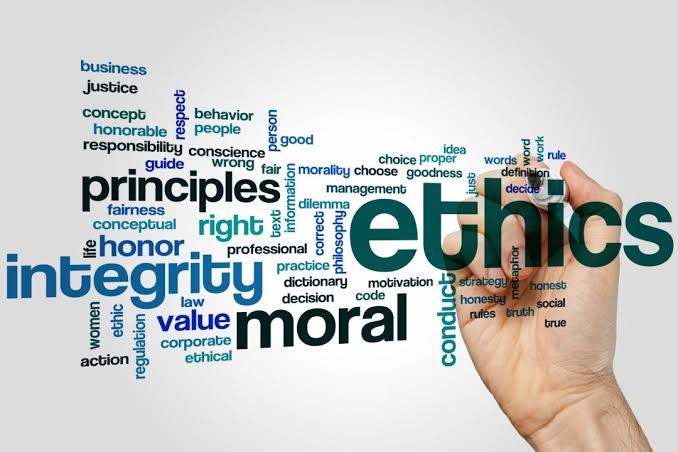These importance of ethics and professionalism in driving workplace success cannot be overstated. When establishing the core values of an organization, ethics and professionalism must be primary considerations. A workplace that lacks ethics and professionalism cannot foster integrity. Such an environment is likely to harbor toxic behaviors, including conflicts among coworkers, inappropriate verbal exchanges, and cliques reminiscent of high school behavior. These issues can lead to low productivity and a poor working culture, ultimately affecting the organization’s brand and business performance. To foster efficiency and collaboration, it is essential to embrace these values and prioritize them in all organizational activities, both internally and externally.
Professionalism and ethics benefit both employees and employers in various ways including the following:
Employees:
Professionalism and ethics benefit employees, fostering personal and professional growth, and contributing to a positive and productive work environment. Here are five key points elaborating these benefits:
- Personal growth and skill development
Adhering to high standards of professionalism and ethics encourages continuous personal growth and skill development. Ethical employees are often more reflective and committed to self-improvement. They are likely to seek out opportunities for professional development, training, and education. This commitment to learning not only enhances their skill set but also positions them as valuable assets to their organization.
- Enhanced collaboration and innovation
Ethics and professionalism in the workplace foster a supportive and inclusive environment built on integrity and trust. This culture encourages respect, transparent communication, and accountability, which are vital for effective collaboration. When employees feel valued and trusted, they are more likely to contribute diverse perspectives and innovative ideas, ultimately driving the team’s and organization’s success.
- Development of strong professional relationships
Professional and ethical behavior facilitates the development of strong, trust-based relationships with colleagues, supervisors, and clients. These relationships are crucial for effective teamwork and collaboration. Employees who are known for their integrity and professionalism are more likely to earn the respect and trust of their peers, leading to more meaningful and productive professional interactions.
- Increased job security
Employees who exhibit professionalism and ethical behavior contribute positively to the organization’s culture and performance, increasing their job security. Ethical employees are less likely to engage in activities that could jeopardize their employment, such as misconduct or violations of company policies. Additionally, organizations with a strong ethical foundation are more stable and successful, providing a more secure employment environment.
- Career advancement and opportunities
Employees who consistently demonstrate professionalism and adhere to ethical standards are more likely to be recognized for promotions and career advancement opportunities. Employers value individuals who act with integrity, maintain a strong work ethic, and conduct themselves in a professional manner. These traits are often associated with leadership potential and reliability, making such employees prime candidates for higher responsibilities and career growth.
- Enhanced job satisfaction and well-being
A workplace grounded in ethics and professionalism tends to be more supportive, respectful, and inclusive. Employees in such environments experience higher levels of job satisfaction and well-being. When workers feel respected and valued, they are more likely to enjoy their work and feel a sense of fulfillment. This positive atmosphere reduces stress and enhances overall mental health, contributing to a better work-life balance.
By embodying these values, employees not only contribute to their own success but also to the overall health and prosperity of their organization.
Employers
Professionalism and ethics benefit employers in significant ways, contributing to the overall success and sustainability of the organization. Here are ten key points elaborating on these benefits:
- Improved employee morale and job satisfaction
A professional and ethical work environment fosters a sense of fairness and respect among employees. When employees feel valued and respected, their morale and job satisfaction improve. Higher job satisfaction often leads to increased employee retention, reducing the costs associated with high turnover rates and fostering a more experienced and cohesive team.
- Increased employee engagement and productivity
Professionalism and ethics contribute to a positive work culture where employees feel engaged and motivated. Engaged employees are more productive, take greater pride in their work, and are more likely to go above and beyond their basic job responsibilities. This increased productivity can drive organizational success and lead to higher profitability.
- Strengthened team dynamics and collaboration
A professional and ethical workplace fosters mutual respect and trust among team members. This foundation strengthens team dynamics and encourages collaboration. Employees are more likely to support one another, share knowledge, and work together towards common goals, enhancing overall team performance.
- Attraction and retention of top talent
Organizations that prioritize ethics and professionalism are more attractive to high-caliber candidates. Talented individuals seek workplaces where they can thrive in a positive and supportive environment. Furthermore, existing employees are more likely to stay with the company, reducing turnover and the associated costs of recruiting and training new staff.
- Enhanced customer satisfaction and loyalty
Ethical and professional behavior extends to interactions with customers, leading to higher levels of customer satisfaction and loyalty. Customers who experience respectful and honest treatment are more likely to return and recommend the company to others. This can result in increased sales and a stronger market presence.
- Enhanced organizational reputation
A commitment to ethics and professionalism helps build a positive reputation for the organization. Companies known for their ethical practices and professional conduct are more likely to attract top talent, loyal customers, and trustworthy partners. This reputation can lead to increased business opportunities and a competitive edge in the market.
- Better decision-making and problem-solving
Ethical and professional behavior encourages transparent and open communication, which is crucial for effective decision-making and problem-solving. When employees are confident that their input will be considered and respected, they are more likely to contribute innovative ideas and solutions. This collaborative approach can lead to better outcomes and more efficient resolution of issues.
- Legal and regulatory compliance
Maintaining high ethical standards and professionalism helps ensure that the organization complies with legal and regulatory requirements. Non-compliance can result in severe penalties, legal action, and damage to the organization’s reputation. By adhering to ethical practices, companies can mitigate risks and avoid the negative consequences of legal violations.
- Risk mitigation
Adhering to ethical standards helps organizations identify and manage potential risks. Ethical practices reduce the likelihood of scandals, fraud, and other detrimental activities that can harm the organization’s reputation and financial standing. By proactively addressing ethical issues, companies can safeguard their assets and ensure long-term stability.
- Sustainable growth and long-term success
Organizations that embed ethics and professionalism into their culture are better positioned for sustainable growth and long-term success. Ethical behavior and professional conduct create a solid foundation for building lasting relationships with stakeholders, including employees, customers, suppliers, and the community. This trust and reliability are crucial for achieving enduring business success.
By embedding ethics and professionalism into the organizational culture, companies can enjoy a multitude of benefits that enhance their reputation, improve employee satisfaction, facilitate better decision-making, ensure compliance with laws, boost productivity, strengthen team dynamics, attract and retain top talent, enhance customer satisfaction, mitigate risks, and achieve sustainable growth.
These values are fundamental to creating a thriving workplace where both employees and employers can achieve their goals and contribute to the long-term success of the organization. So for the organization developing or revisiting their values and culture, be sure to anchor these to ethics and professionalism and uphold them across the organization without discrimination and let the fruits unfold through productivity and success of the organization.

